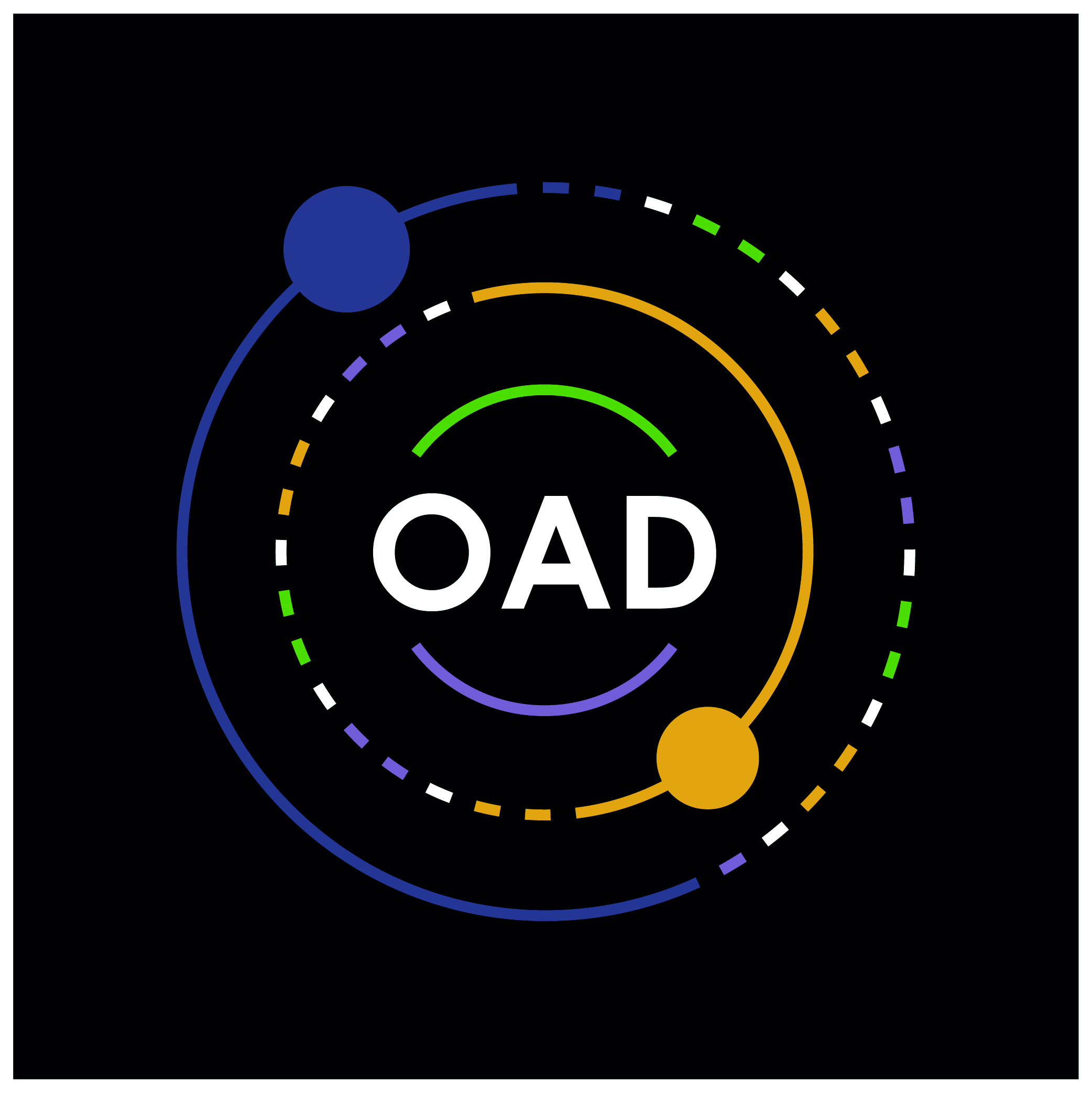by Hafsa Ghazali and Vania Abbas, STEM Ambassadors for the Astro-Phy Quench project
Humans have come a long way. From watching the sky and only being able to appreciate the beautiful, shimmery stars to now initiating a potential adventure to where once only our eyes could go. The study of astronomy is rising exponentially as years advance forward. We have always been curious in nature. However, with every discovery, this curiosity has not yet met a satisfactory end, instead, it just keeps getting bigger and bigger. One thing is for sure, that the result of this advancement in astronomy is fruitful to everyone that walks the Earth.
Ahmed Zewali, winner of the Nobel Prize in Chemistry (1999) once said:
Preserving knowledge is easy. Transferring knowledge is also easy. But making new knowledge is neither easy nor profitable in the short term. Fundamental research proves profitable in the long run, and, as importantly, it is a force that enriches the culture of any society with reason and basic truth.
There is no doubt that research in astronomy has benefits in the long run. Some of the notable benefits we see in our lifetime today include GPS, medical imaging and wireless internet. We can already witness the hold these benefits have today.
With this advancement in astronomy, it is high time that we start creating awareness about astronomy and the need for it in our daily lives. In Pakistan, each of the provinces have a slightly different curriculum but none have detailed astronomy content. Mostly, only the fundamentals of astronomy, such as the solar system, stars, and galaxies, are taught at school level. Private schools that follow the Cambridge and Oxford system have no more than a chapter on astronomy. There is a high need to enhance the breadth and depth of astronomy education that will for sure benefit students, the educational system, and society at large.
The Project Astro-Phy quench aims to do just that: arouse interest in astronomy and create awareness among the underprivileged youth of Islamabad. The objective, in addition to providing equal opportunities in astronomy, is also to create an inclusive environment, remove disparities between class groups and enhance social justice. We worked with students from orphanage schools who lost their loved ones in the war on terror and are actively enhancing their interest in Astronomy. The online telescope platform provides very comprehensive knowledge of outer space through it’s over a 100 quests and the online telescope access. It makes use of the two telescope networks, one at Chile observatory and the Canary Island observatory to capture Celestial bodies in real time that each of the quests demands.
We used this online telescope to engage with the students. They were very enthusiastic when they had successfully learned to log-in themselves to the site. And even more so when they had commenced with the Orientation Quest. Their inquisitive nature was very apparent in the various questions that they had asked when learning something new. In fact, often when they were asked a question, they would answer without any fear of being incorrect. They grasped the content quickly and practiced it on the quests that were assigned to them. Through this engagement, the students are learning more about the universe out there.
The challenges that we faced included limited resources such as few functioning computers which made the activity last longer. Each Quest should have taken a day but lasted two or more days due to the lack of computers and limited internet accessibility. Moreover, there were very frequent electric power outages that disrupted the activity.
Our journey of becoming a STEM ambassador is definitely an amazing one. We are profoundly grateful for the opportunity to enable the underprivileged to partake in a similar journey, exploring the cosmos and the enigmatic unknown. We got to meet some brilliant students who knew much more than what we had expected. The students were amazed by using the online telescope and enthusiastically participated in completing all of the quests. “I couldn’t believe while sitting here in Pakistan, I have taken a picture of the sun so close. I really enjoyed it.”, one of the participants enthusiastically shared her experience. Upon completing the 4 Giant Planets quest on the platform, students were very enthusiastic to share their opinions regarding their experience. Having to capture the giant planets for themselves really amazed them. Much more so that one of the participants browsed on the internet to learn more about the planet Saturn and its majestic rings!



